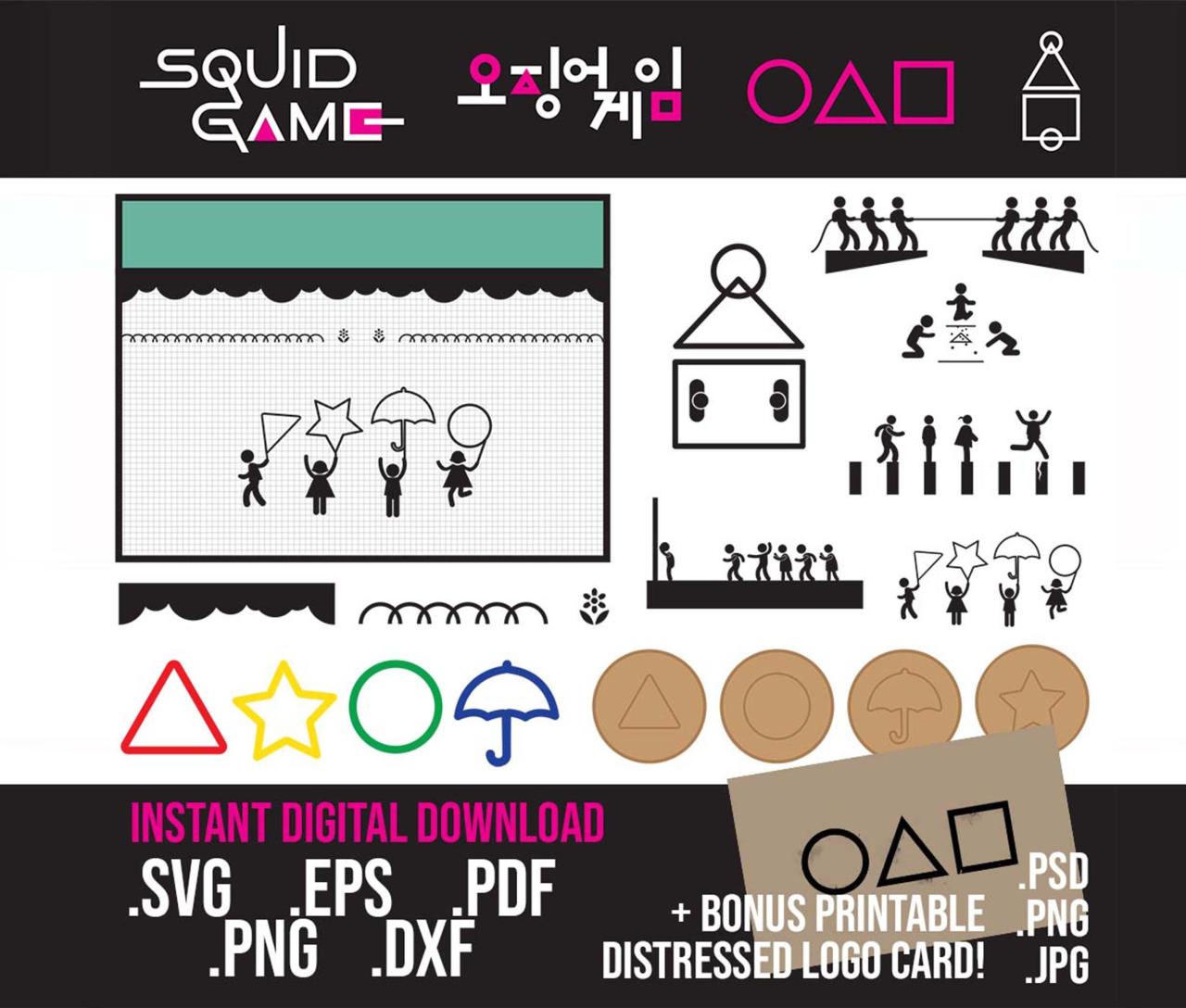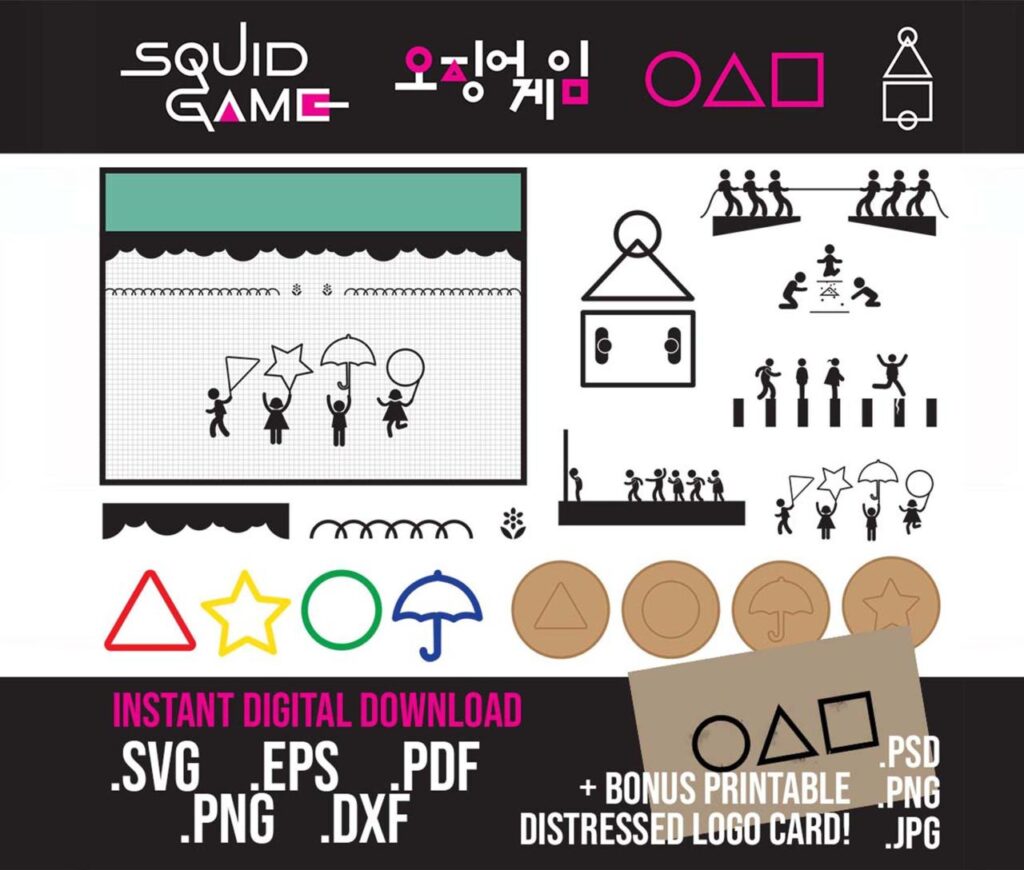Game online web has revolutionized the way we engage with digital entertainment, bringing diverse genres to our fingertips. From action-packed adventures to strategic conquests and immersive role-playing experiences, each genre offers unique characteristics that captivate players. Over the past decade, the evolution of these genres showcases the increasing complexity and engagement strategies that keep players coming back for more.
As we explore the different facets of online web gaming, we will delve into user engagement strategies that are essential for retaining players, along with the significant role that community feedback plays in shaping game development. This discussion will highlight how interactive features can enhance player experiences, creating vibrant gaming environments that thrive on collaboration and community spirit.
Game Genres in Online Web Gaming: Game Online Web

Online web gaming has transformed immensely over the years, with various genres emerging to engage players across different platforms. Each genre offers unique experiences and caters to diverse audiences, shaping the landscape of digital entertainment. Understanding these genres helps players choose games that align with their preferences while also providing insights into the industry’s evolution.
The most popular genres in online web gaming include action, strategy, and role-playing games (RPGs). Each of these genres has distinct characteristics that define player experiences. Action games typically focus on physical challenges, requiring quick reflexes and hand-eye coordination. Strategy games emphasize planning and tactics, often involving resource management and decision-making. RPGs allow players to immerse themselves in narrative experiences, developing characters and exploring expansive worlds.
Characteristics of Popular Game Genres
The characteristics of these genres not only define gameplay but also influence player engagement. Understanding these elements is crucial for both developers and players.
- Action Games: These games are characterized by fast-paced gameplay, often involving combat and physical challenges. Players engage in a variety of missions or levels, with a focus on skill development and reflexes. Examples include first-person shooters like “Counter-Strike” and platformers like “Super Mario.”
- Strategy Games: Strategy games require players to think critically and plan their moves meticulously. They often involve managing resources, building structures, and commanding units. Popular titles include “Starcraft II” and “Civilization VI,” where strategic planning is key to success.
- Role-Playing Games (RPGs): RPGs are known for their immersive storylines and character development. Players create or assume the roles of characters in fantastical worlds, completing quests and leveling up their abilities. Games like “World of Warcraft” and “Final Fantasy XIV” exemplify this genre’s depth and engagement.
Player Engagement in Different Genres
Comparing action, strategy, and RPGs reveals varying levels of player engagement based on game mechanics and player objectives.
Player engagement is significantly influenced by the interactivity and depth offered by each genre.
- Action Games: These games tend to attract players looking for immediate gratification through fast-paced action and competition. The thrill of quick reflexes and dynamic combat keeps players returning for more.
- Strategy Games: Players of strategy games often exhibit longer engagement periods, as they invest time in planning and executing tactics. The cerebral nature of these games fosters a deep sense of accomplishment as players see their strategies unfold.
- RPGs: RPGs tend to cultivate long-term engagement, as players form emotional connections with their characters and the narrative. The continuous development of characters and exploration of rich worlds encourages players to invest significant time.
Evolution of Online Web Gaming Genres
Over the last decade, online web gaming genres have evolved significantly, driven by technological advancements and changing player expectations.
The rise of mobile gaming has introduced new genres and revitalized existing ones, making gaming more accessible. Social and casual games have gained popularity, allowing players to engage with friends and share experiences. The advent of cloud gaming and streaming services has also transformed how games are consumed, enabling players to access high-quality content without the need for powerful hardware.
The diversification of gaming genres reflects the broader trends in technology and player behavior, leading to more inclusive and varied gaming experiences.
The future will likely see further innovations, with genres blending and evolving to meet the demands of an increasingly diverse audience. Game developers will continue to explore new ways to enhance player engagement, utilizing advancements in artificial intelligence and virtual reality, ensuring that online web gaming remains at the forefront of the entertainment industry.
User Engagement Strategies in Online Web Games

User engagement is a critical component in the success of online web games, as it directly influences player retention and satisfaction. Engaging players not only enhances their experience but also encourages them to return to the game consistently. Developers and publishers are constantly exploring innovative methods to keep players invested in their games, and several strategies have proven to be effective.
Effective Methods for Increasing User Engagement, Game online web
Various strategies can be employed to enhance user engagement in online web games. These methods are designed to create a more immersive and rewarding experience for the player, ultimately leading to higher retention rates.
- Personalization: Tailoring game content and experiences to individual player preferences can significantly boost engagement. Players are more likely to return to a game that reflects their interests and play styles.
- In-Game Events: Time-limited events or contests can create a sense of urgency and excitement, encouraging players to log in regularly to participate.
- Social Interaction: Incorporating social features such as chat, guilds, or co-op gameplay allows players to build connections and fosters a community environment, making the game more appealing.
- Progress Tracking: Implementing systems that allow players to track their progress, achievements, and milestones encourages a sense of accomplishment and motivates players to keep playing.
- Rewards and Incentives: Offering in-game rewards for completing challenges or logging in daily can enhance engagement by providing players with tangible goals to strive for.
Successful Case Studies of Online Games
Several online games have excelled in user retention through strategic engagement practices. Notable examples include “Fortnite” and “World of Warcraft.”
- Fortnite: This game has effectively utilized seasonal updates and in-game events to maintain player interest. By introducing new skins, emotes, and game modes regularly, Fortnite keeps its player base engaged and eager for fresh content.
- World of Warcraft: Known for its rich lore and expansive world, this MMORPG employs community-driven events and strong social features, which help to create an immersive experience that keeps players returning for years.
- Apex Legends: Apex introduced a battle pass system that rewards players for playing, as well as regular seasonal content updates that refresh the game and provide players with new challenges and rewards.
Interactive Features to Enhance Player Experience
Integrating interactive features in web games can significantly enrich the player experience and promote engagement. These features can make gameplay more dynamic and enjoyable.
- Dynamic Storytelling: Allowing players to influence the narrative through their choices leads to a more personalized experience.
- Real-Time Multiplayer Interaction: Features that facilitate real-time interaction between players enhance the social aspect and keep players engaged.
- Customizable Avatars: Giving players the ability to customize their characters can increase their emotional investment in the game.
- Achievements and Leaderboards: Implementing systems that recognize player accomplishments and rank them against others can spur competition and motivate continuous play.
- Augmented Reality Elements: Adding AR features can provide a novel experience that blends the virtual and real worlds, attracting players looking for something different.
“User engagement is not just about keeping players in the game; it’s about creating a memorable experience that resonates with them.”
The Role of Community in Online Web Gaming

The community surrounding online web games plays a pivotal role in shaping the gaming experience. From influencing game design to providing a support network for players, the impact of community cannot be overstated. Engaging with the player base not only boosts player retention but also fosters a sense of belonging among gamers.
Community feedback is crucial in the development of online web games as it helps developers understand player preferences and pain points. This interaction can lead to significant improvements in gameplay, balance adjustments, and even the introduction of new features. For instance, developers often conduct surveys or gather input from forums to gauge player sentiment regarding updates or changes before implementing them.
Influence of Community on Game Updates and Features
Online communities have a direct influence on the evolution of games through feedback and suggestions. Several notable examples illustrate how community input has affected game updates:
- Fortnite: The developers of Fortnite, Epic Games, frequently engage with their players through social media and forums. Community suggestions have led to the introduction of various limited-time modes and even new items based on player-created content.
- World of Warcraft: Blizzard Entertainment has a long history of taking player feedback seriously. Major expansions and patches often include changes that directly stem from community discussions, such as class balance adjustments and new content based on player desires.
- Among Us: Following its explosive popularity, the developers of Among Us actively sought user feedback, leading to substantial updates that included new maps and game mechanics, all inspired by player input.
Fostering a positive gaming community is essential for the longevity of online web games. Developers and players alike can contribute to a welcoming environment through various strategies.
Strategies for Fostering a Positive Gaming Community
Creating a supportive community involves multiple approaches that emphasize respect and inclusivity. Here are some effective strategies:
- Encouraging Positive Communication: Implementing clear guidelines for interaction can help maintain a respectful atmosphere. Developers can enforce rules against toxicity and reward players who promote positive behavior.
- Community Events: Hosting events such as contests, tournaments, or collaborative challenges encourages players to come together, fostering camaraderie and teamwork.
- Active Moderation: Having dedicated moderators who engage with players and monitor discussions can help mitigate conflicts and ensure that the community remains friendly and constructive.
- Regular Developer Interaction: When developers actively participate in community discussions, it promotes transparency and allows players to feel heard. This can build trust and strengthen the relationship between developers and the player base.
“A strong community not only enriches the gaming experience but also drives the future of game development.”


